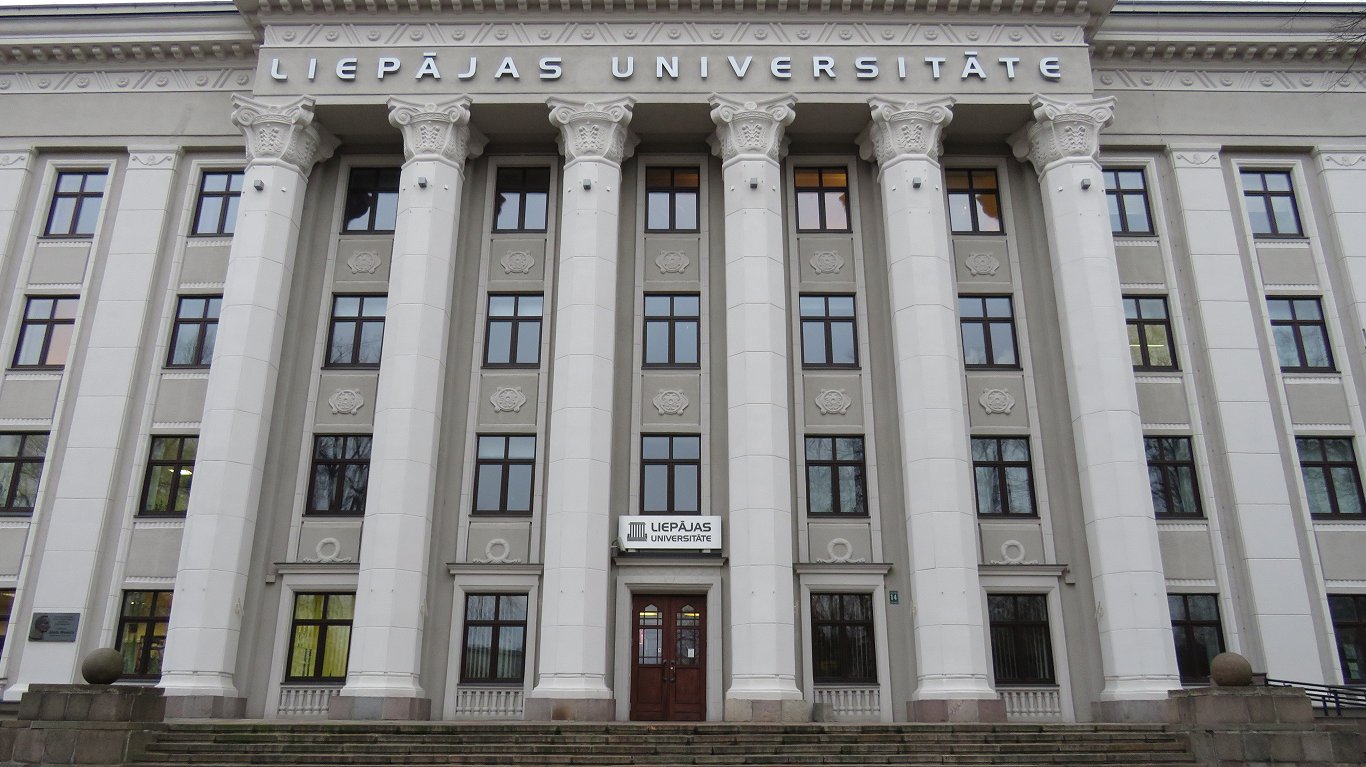The Saeima Education, Culture and Science Commission prepares amendments to the Law on Higher Education for second reading, which should raise the quality of higher education in Latvia and international competitiveness. Universities are not excited about the course of matters, because they do not believe that these objectives will be achieved without an increase in the budget.
Too many dropouts and too few foreigners
Only 48% of students who enroll are able to finish their studies. Politicians are also frustrated by the international competitiveness of universities and the quality of educational programs. Latvia is not too often selected as a study destination by foreign students, while a third of local graduates work lower-skilled jobs than their education would allow.
The Chairman of the Saeima Education, Culture and Science Commission Arvils Ašeradens is convinced that 52 universities for Latvia “are way too many” and the large drop-out rate of students indicate that these young people “should be directed more responsibly to the vocational education system in which they would have got education and specialty.”
According to data from the Organization for Security and Co-operation in Europe (OSCE), Latvia does not rank among the most educated nations. Data from the OSCE in 2019 show that only 34% of the population in Latvia have higher education, while the average in the countries of the bloc is 37%.
Experts point out that when deciding on the future of higher education, Latvia should not limit the opportunities to obtain it. Rita Kaša, a researcher at the Riga School of Economics, said that “higher education is very, very valuable. People with higher education are not only an economic asset. In higher education societies, there is a lower level of crime and society is going into culture at another level.”
Ministry of Education and Science prepares amendments alone
Until now, negotiations between the Ministry of Education and Science (IZM) and universities on ways to solve problems in higher education have not been successful. Therefore, as amendments prepared by the Ministry of Education and Science arrive at the responsible commission of the Saeima, more than three hundred proposals have been submitted to improve the offer prepared by IZM. “So, in fact, the work that was done by the Ministry of Education and Science needs to be done together,” the Rector of the Academy of Culture, Rūta Muktupāvela, said.
Amendments include changes in the management of universities
According to IZM's plans, consolidation of Latvian universities is planned. It is to be done in two stages and “from the top”. The first is to establish a new decision-making body in higher education, a council that will decide on strategic development issues. Several schools could have one council.
Secondly, the merger of universities was intended to be carried out initially by setting up consortia. This concept generally includes the pooling of a number of higher education resources to achieve common objectives, such as joint studies or research programs, and is also a model of international cooperation.
The Rector of the Cultural Academy, Rūta Muktupāvela, believes it would be naive to imagine that all the higher education problems would be solved by the merger:
“Well, it would have been done long ago. It does not mean that when universities are combined, quality will suddenly rise. You can't try to artificially combine, put it together, and then look at the Frankenstein's monster that finally came out of it.”
Nothing will change without money
According to university rectors, the amendments to the Law on Higher Education are like a letter to Santa Claus. They can write a lot of things, including that Latvian universities could be among the best in the world. However, there needs to be adequate funding in order to meet expectations. Amendments to the law do not provide for this. Art Academy Rector Kristaps Zariņš is convinced that "every change has to be covered with funds."
"Hoping that Latvian universities will be among the first in the world, with Latvian economy, it is impossible. So that the aim is rather absurd," said Zariņš.
Arvils Ašeradens, Chairman of the Education, Culture and Science Commission of the Saeima, predicts that amendments to the Law on Higher Education could be adopted by the middle of the summer.





























